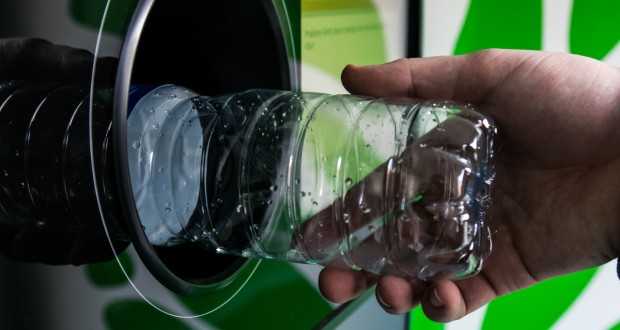The Association of Convenience Stores (ACS) said it would be helpful for stores to sign up in order to stay up to date with information for the new scheme, designed to encourage recycling.
From next year, all retailers in Scotland, unless exempt, will be required to take back containers, which will have a 20p returnable deposit.
Circularity Scotland has created a toolkit to help promote and raise awareness of the deposit scheme before it comes into force.
ACS chief executive James Lowman said: “We have a unique opportunity to create a workable and effective deposit return scheme through Circularity Scotland, and the Association of Convenience Stores is committed to meeting this challenge alongside colleagues and partners from retail, the wider industry and everyone who can unite behind this common objective.”
The Scottish plan proposes a handling fee to cover the costs of retailers, the level of which will be fixed by independent consultants.
Drinks containers will be returned either over the counter or through a reverse vending machine, which can identify drinks containers inserted and refund deposits once the container has been scanned and validated.
Most stores will be required to operate the scheme, although it is possible to apply for an exemption.
A typical example is where a small shop could agree an exemption with a larger store nearby.
Another type of example is for shops in a specific location, which can agree an exemption with a newly created voluntary return point.
Examples of these might be train stations, shopping centres or food courts, where a centralised reverse vending machine could perform the duties to accept returns.
Under exceptional circumstances, an exemption may be given to a business that can satisfy regulators that there is no reasonable way to operate a return point on its premises without breaching other legal obligations such as food safety, fire safety or environmental health.
 Talking Retail Grocery and product news for independent retailers
Talking Retail Grocery and product news for independent retailers






